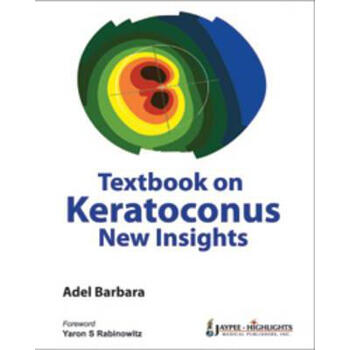
Unlocking the World of Prop Trader Salaries and Compensation: What You Need to Know
If youve ever been curious about the high-stakes world of prop trading, youre not alone. Many traders dream of diving into this fast-paced industry, motivated not just by the thrill of the market but by the potential for impressive earnings. But what does a prop trader really make? How does compensation work? And what’s the long-term outlook for this lucrative if intense career? Let’s peel back the curtain and explore what’s behind those headlines about trader salaries and the evolving landscape of prop trading.
The Core of Prop Trader Compensation: More Than Just a Salary
Unlike traditional finance roles with fixed paychecks, prop traders often operate on a variable, performance-driven compensation structure. This is part of what makes prop trading both exciting and risky—your earnings are directly tied to your trading skill and market conditions.
Many prop firms offer a base salary combined with a performance bonus that can sometimes outweigh the fixed component. For example, a successful trader might see a base of $80,000 with bonuses pushing total compensation past six figures in a good year. However, the true potential depends on factors like the firm’s profit-sharing model, the assets traded, and the trader’s experience.
Some firms operate a profit split, where traders keep a percentage of their earnings—anywhere from 50% to 80%. This means that top performers with consistent results can see their earnings soar, especially when trading lucrative assets such as forex, stocks, crypto, options, or commodities.
Trading Diverse Assets: Flexibility Equals Opportunity
Picking which markets to trade can dramatically influence your earning potential. Prop traders today have access to a wide range of asset classes—forex, stocks, cryptocurrencies, indices, options, and commodities. Each comes with its own risk profile, liquidity levels, and trading hours, offering traders the flexibility to find their niche.
For instance, forex markets operate 24/5, giving traders the chance to engage in different time zones and strategies. Cryptos, with their high volatility, can lead to rapid gains but also steep losses. Options and commodities provide unique hedging opportunities, especially during volatile market periods or geopolitical uncertainties.
An experienced trader who masters multiple markets can diversify their income streams and mitigate risks. It’s like having a financial toolkit—each asset class offers distinct advantages depending on the economic climate or personal trading style.
The Pros and Cons of the Prop Trading Industry
The allure is obvious: high earnings potential, independence, and access to sophisticated trading setups. Many traders report being able to scale their trading capital significantly, which translates directly into bigger gains. Still, the industry isnt without its challenges. The pressure to perform consistently can be intense, and losses are part of the game—sometimes very costly.
In terms of compensation, transparency varies. Some firms publish clear profit-sharing terms, while others tend to be more opaque. But generally, high performers make serious money—think six-figure salaries or bonuses—especially when they hone their skills in volatile markets like crypto or options trading.
The growth of decentralized finance (DeFi) introduces new opportunities—and uncertainties. Decentralized exchanges, automated market makers, and smart contracts are reshaping how prop trading happens outside traditional firms. However, they also bring issues of security, regulation, and liquidity that traders must navigate carefully.
The Future: AI, Decentralization, and Smart Contracts
The prop trading industry is on the brink of a technological revolution. Automated trading algorithms and AI-driven strategies are becoming mainstream, allowing traders to execute complex trades with unprecedented speed and accuracy. Imagine strategies that learn and evolve—think of them as the ‘self-improving traders’ of tomorrow.
Decentralized finance, or DeFi, opens new doors by eliminating middlemen and streamlining capital access. Yet, it also presents novel risks—smart contract bugs, regulatory crackdowns, and liquidity crunches are realities traders will need to consider. Still, those who adapt and learn to harness these tools will be prime contenders in the next phase of prop trading.
Looking ahead, the integration of AI and decentralized tech suggests that the best traders will be those comfortable with coding, data analysis, and cutting-edge platforms. Big firms and seasoned traders are investing heavily in these areas, seen as the future of high-stakes trading.
Why Prop Trading Could Be Your Next Big Opportunity
Considering the industry’s trajectory, the message is clear: prop trading isn’t just about making quick bucks. It’s an evolving landscape that can offer serious income for those willing to learn, adapt, and take risks. Whether you’re fascinated by forex, thrilled by crypto, or intrigued by options, the potential for high rewards is there for the ready.
And let’s be honest—if you’re motivated by the idea of earning a serious paycheck based on your skills, the right prop trading platform can be a game-changer. Many firms emphasize their pay-for-performance model—reminding traders that they hold the reins of their earning power.
Prop Trading: Unlock your potential, trade your way, and let your skills pay the bills.




